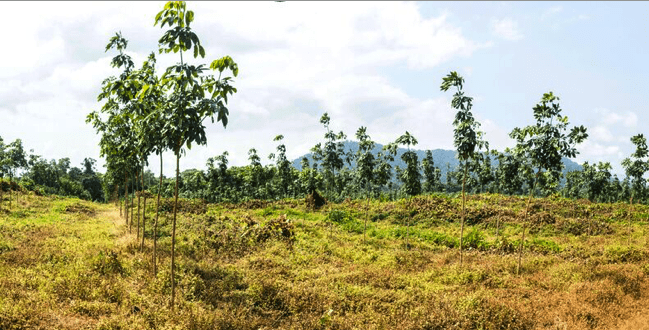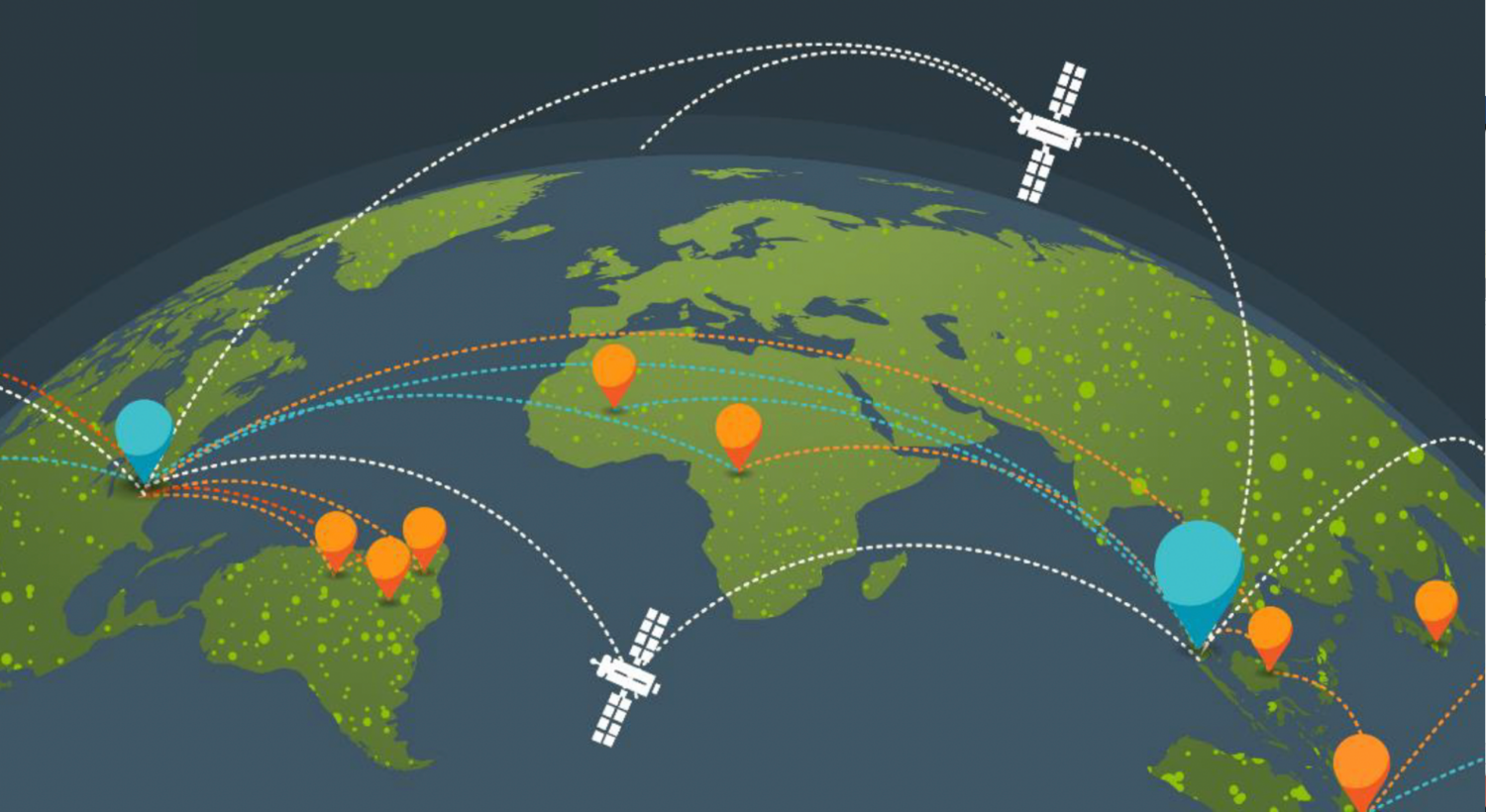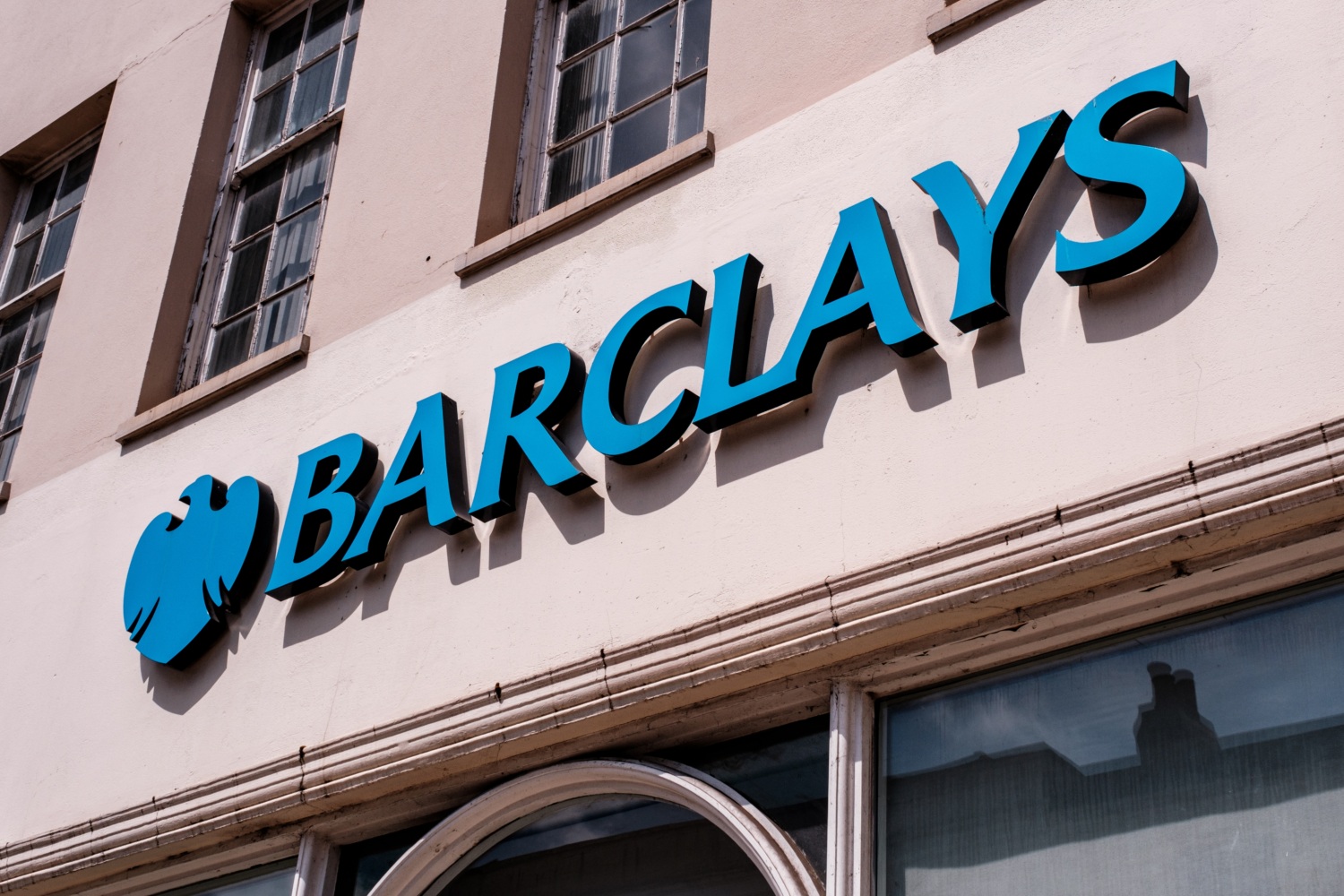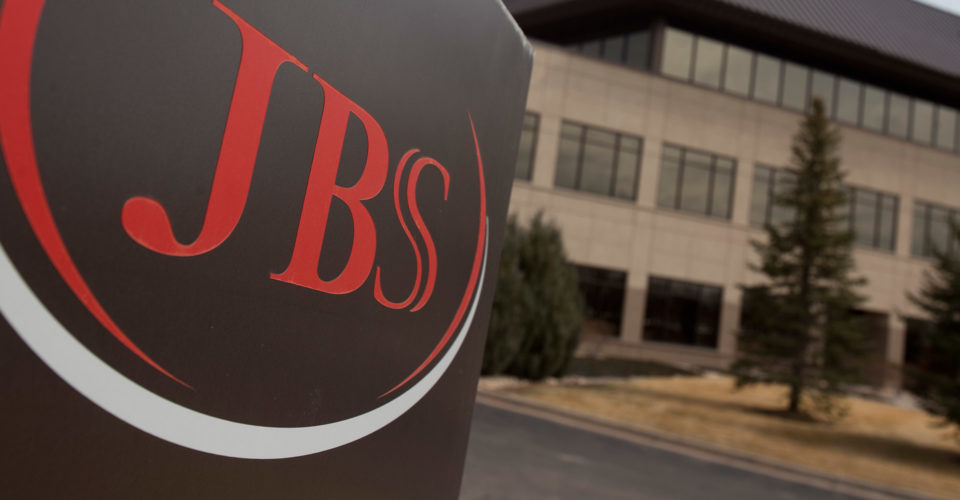
Michelin’s Greenwashing Must End. It’s Time for Sustainable Rubber Production.
Rubber harvesting is causing devastation on a massive scale. In Southeast Asia and Africa, high demand and unsustainable practices are causing forests to rapidly disappear. One industry accounts for 70% of rubber use around the world: the tire industry. And as one of the largest tire brands in the world, Michelin should be leading the charge to drive greener practices in the industry. But where the rubber hits the road, Michelin is falling short.
The need for a solution is dire. Deforestation in rubber-producing countries like Indonesia, Cambodia, Myanmar, and Cameroon is among the most severe in the world, and it’s accelerating. These areas are biodiversity hotspots, and rubber harvesting is destroying the habitats of numerous endangered species, including tigers, gibbons, and elephants. Nor are animals the only ones losing their homes. Exploitative harvesting is wrecking communities in these areas and throwing families off the land where they’ve lived for generations, all to make way for more rubber farms.
But the biggest impacts might not be felt for years to come, because deforestation is a major factor in climate change. At a moment when the IPCC has warned that drastic measures are needed within the next decade to prevent the worst effects of climate change, it’s critical that the rubber industry commit to ending deforestation.
Executives within the tire industry are aware of the scale of the problem. Several major tire companies, including Michelin, have announced sustainability policies, and the World Business Council for Sustainable Development (WBCSD) is working with the industry to develop a Global Platform for Sustainable Natural Rubber.
But whether this will lead to industry-wide improvements that dramatically reduce environmental impacts and land-grabbing remains in doubt. The soon-to-be launched Platform has deliberately excluded non-industry voices from its highest decision making body. As an initiative controlled by the leading tire companies, including Michelin, this sends a worrying signal that the Platform could become little more than a talk shop, with little effect on this urgent problem.
Michelin has long prided itself on being a leader in the industry, and has taken significant steps with its own sustainability policies. It holds a significant market share, and its brand is iconic among consumers. But unless Michelin shows the courage and leadership to stand up for a genuinely inclusive process to stop the devastation caused by rubber, its Michelin Man mascot could become synonymous with tropical forest destruction and devastated communities.
Mighty Earth, along with our partners and thousands of concerned consumers across the country, are urging Michelin to commit to sustainability. They must reject greenwashing, invite the full and equal participation of civil society experts within the Global Platform for Sustainable Natural Rubber, and lead the tire industry to truly sustainable practices. Will Michelin do the right thing?


